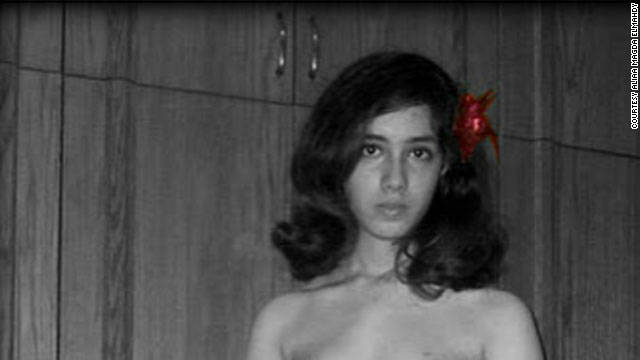By: Jessica Ties
Impunity Watch Reporter, Asia
HONG KONG, China – Two popular television hosts have been fired in Hong Kong causing some to fear that Chinese censorship authorities are overexerting their influence to stifle media freedom.

Ng Chi-sum and Robert Chow gained popularity as the hosts of two radio phone-in shows for Radio Television Hong Kong (RTHK), a government broadcaster, until they were informed that they would not have their contracts renewed for 2012.
RTHK has denied that political motives played any role in the decision to remove the two hosts. They claim that the decision was made by production staff following lengthy discussions about ways in which the programs could be revamped to become more competitive.
RTHK spokeswoman, Kirindi Chan, stated that “there are no political factors here, and there was no pressure from Director of Broadcasting Roy Tang.”
Roy Tang’s recent arrival as the director of broadcasting made many speculate that he was behind the decision to remove Ng Chi-sum and Robert Chow.
Joining in this speculation was Robert Chow who stated, “it’s hard for me to believe that our new director of broadcasting had no hand at all in this decision.”
The sudden decision to remove the protestors prompted democratic legislator Emily Lau to urge Radio Television Hong Kong to hold a news conference to explain their decision.
Following criticism about the removal of the hosts, legislative councilors will discuss the removal at a meeting of the broadcasting panel scheduled to take place in December. According to the panel’s chairman, Wong Yuk-man, invitations to attend will be extended to Roy Tang, Ng Chi-sum, Robert Chow and the head of Radio Television Hong Kong’s public affairs unit, Leung Ka-wing.
Mr. Wong explains that he hopes the meeting will allow Mr. Tang to explain the reason for the removals and prevent further speculation about political motives.
Despite the fear that China’s influence was behind the decision, many believe that the decision was no more than a choice made by executives to improve their programming. This has been supported by reports that prior to their removal, the hosts were told their positions would be given to civil servants, which neither of the men are, and that the decision was made many months ago although just implemented this week.
Since surrendering sovereignty to China in 1997, Hong Kong has seen a number of outspoken radio personalities removed from popular talk shows.
Although the terms of Hong Kong’s handover from British rule includes the promise that they would be allowed to maintain their freedom of expression for fifty years, many fear that they may prone to self-censorship to avoid anger officials and corporations in China.
For more information, please see:
Radio Free Asia – Popular Talk Show Hosts Axed – 25 November 2011
The Standard – RTHK Reform Still Up In the Air – 25 November 2011
RTHK – Legco to Discuss RTHK Departures – 24 November, 2011
The Standard – Bad News on the Lunch Menu a Little Hard to Stomach – 24 November 2011




